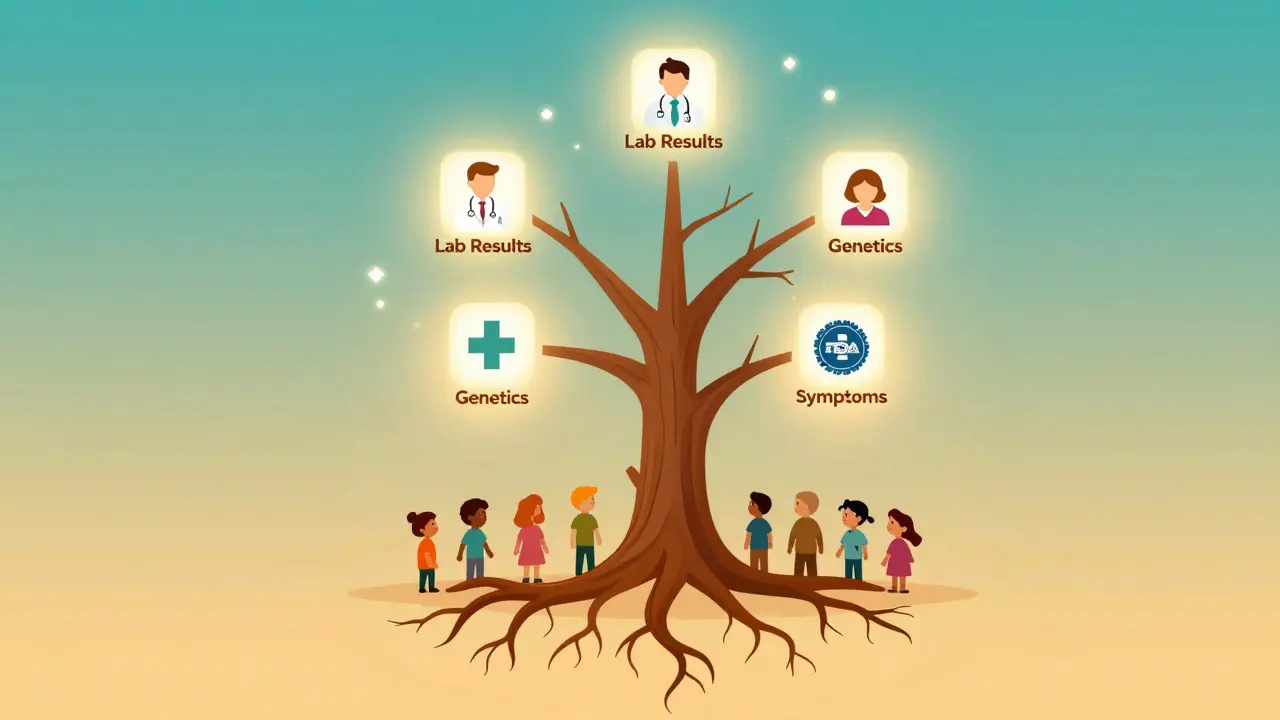Dizziness: How to Recognize Causes and When to Get Help
Ever had the room tilt or your head feel light after standing up? Dizziness is a common symptom that ranges from brief lightheadedness to a spinning sensation called vertigo. Knowing which kind you have and why it happens helps you act fast and avoid needless worry.
There are three main types people report: lightheadedness, vertigo, and imbalance. Lightheadedness often follows standing up quickly, dehydration, or low blood pressure. Vertigo feels like the world spins and usually stems from inner ear issues such as benign paroxysmal positional vertigo (BPPV) or vestibular neuritis. Imbalance is a steadiness problem that can come from nerve, vision, or muscle issues.
Common causes to watch for
Medications are a big cause — blood pressure drugs, some antidepressants, and sedatives can trigger dizziness. Inner ear conditions, like BPPV, Ménière’s disease, and infections, cause vertigo with nausea and head movement sensitivity. Low blood sugar and dehydration cause lightheadedness, especially if you skip meals or sweat a lot. Less common but serious causes include heart rhythm problems, stroke, or severe anemia.
How dizziness shows up gives clues. If moving your head makes the room spin for seconds, think BPPV. If you have constant spinning with hearing loss, check for Ménière’s disease. If you faint or nearly faint, consider low blood pressure or a heart issue. If dizziness comes with slurred speech, weakness on one side, or sudden severe headache, get emergency care — those may be stroke signs.
What to do right now
If you feel lightheaded, sit or lie down until it passes and sip water. For BPPV, the Epley maneuver often helps reposition particles in the inner ear — a trained clinician can guide you, or a physical therapist can show you how to do it safely. Review your meds with a doctor or pharmacist; a dose change or switch can stop the problem. Keep a short diary: note what you were doing, how long it lasted, and any other symptoms — this helps clinicians find the cause faster.
When to see a doctor: visit within days if dizziness is new, persistent, or interferes with work or driving. Seek urgent care if you have chest pain, fainting, trouble speaking, numbness, or sudden severe headache. Tests may include blood work, hearing and balance exams, imaging, or heart monitoring — each test targets a likely cause rather than random checking.
Simple steps often help: stay hydrated, rise slowly from sitting, avoid alcohol and heavy meals before travel, and secure your home against falls (good lighting, grab bars). Most dizziness cases are manageable once the cause is found. If you want more specific guides — like how to do the Epley maneuver or which meds commonly cause dizziness — check the linked articles on this tag or ask a pharmacist.
Tracking triggers helps prevent episodes: note time, food, sleep, and stress. Share this log with your provider. Small changes often cut episodes and improve daily life quickly for many people.





